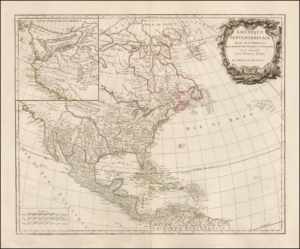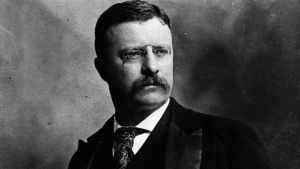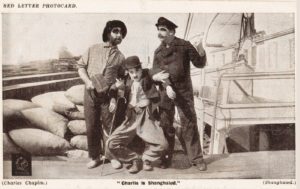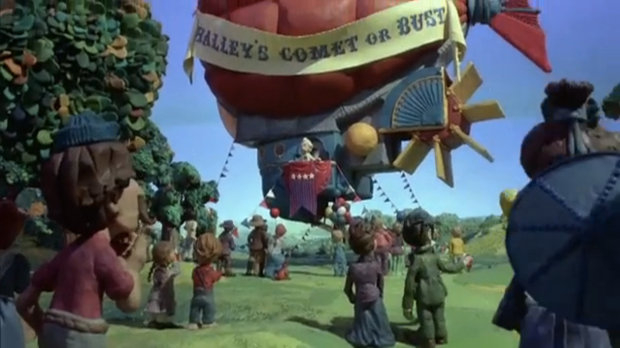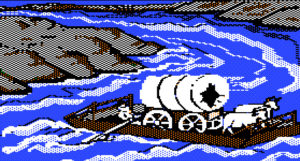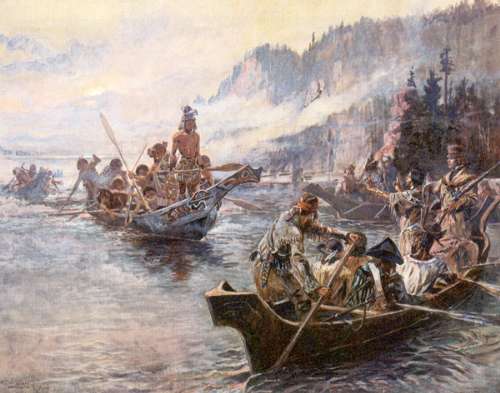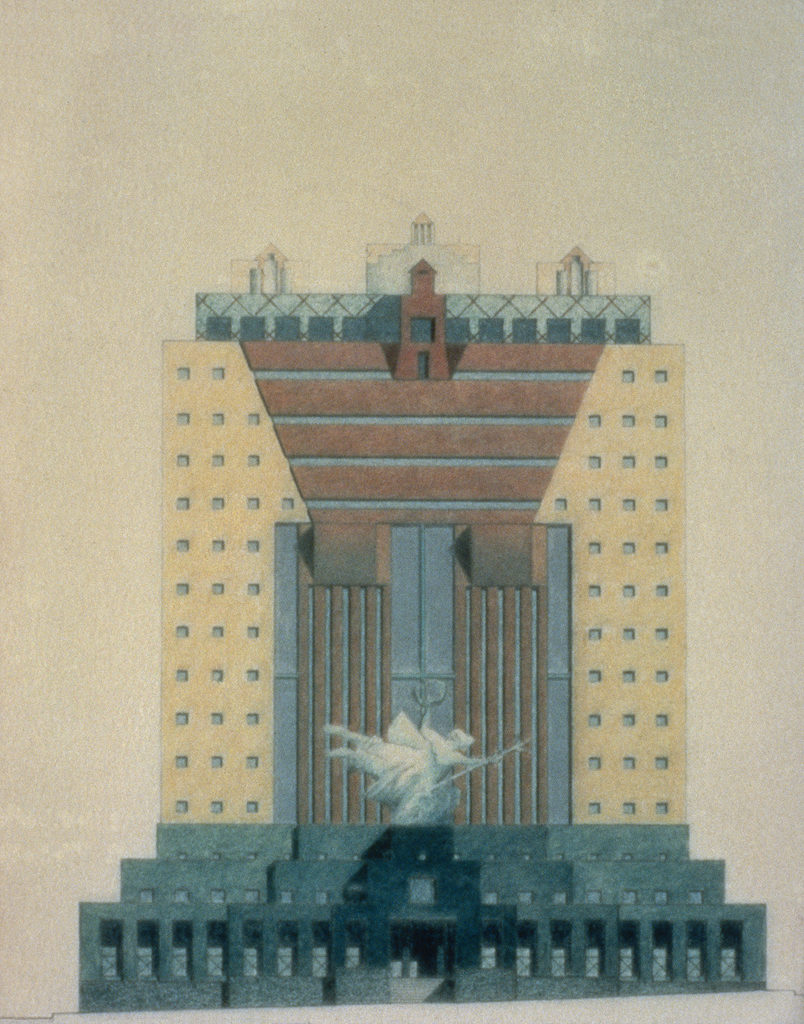Shakespeare’s Tempest is a fantasy, but it’s backgrounded by European encounters with the New World. When the play was written in 1610 or 1611 European sailors had already been exploring the Americas for over a century. References to the New World show up in both the play’s text and themes, and scholars have often viewed the tempest through a colonial or postcolonial lens, though it still escapes easy allegory.
This episode was recorded live at The Steep and Thorny Way to Heaven, a Portland art space.
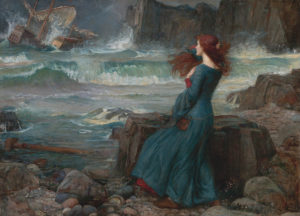
Podcast: Play in new window | Download
Subscribe: RSS
